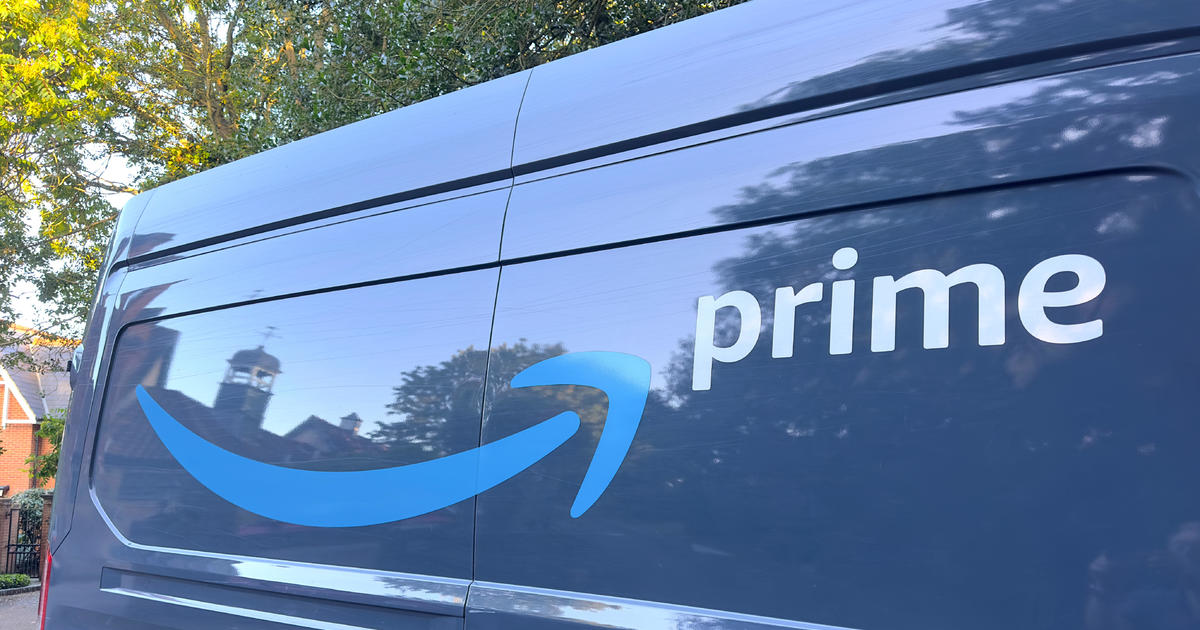Teen clothing retailer Rue21 files for bankruptcy
CRANBERRY, PA. — Pennsylvania-based teen clothing retailer Rue21 is restructuring and filing for Chapter 11 bankruptcy protection about a month after announcing it would close roughly 400 stores to focus on online sales.
The company announced last month it is shuttering the 400 stores, leaving it with more than 700 stores in 48 states.
Rue21, based in Cranberry, north of Pittsburgh, announced Tuesday that its bankruptcy filing accompanies agreements with lenders to restructure some debt and obtain more capital. The company acknowledges it could wind up closing more stores before it emerges from bankruptcy in the fall.
A federal bankruptcy judge must approve the Chapter 11 plan which includes up to $175 million in financing from various lenders. That money will help the company pay employees, vendors and honor gift cards.
Traditional U.S. retailers are experiencing a tough year, with more than a dozen already having declared bankruptcy in 2017.
The growth of ecommerce, as well as competition from European rivals such as H&M and Zara, are often blamed for brick-and-mortar chains' troubles. Yet there is another, less recognized, factor weighing on a number of retailers -- the role of private equity investors, which operate by loading up companies with debt.
Rue21 was bought by private equity firm Apax Partners in 2013 for $1.1 billion. Loaded up with debt of almost $1 billion, Rue21 has struggled to make its debt payments amid waning demand for its clothing.
Private equity funds operate by raising money from investors and using the funds to acquire companies that, while distressed, still have value. PE executives then direct management to make strategic and operational changes in order to boost a business' performance. The goal, buyout firms say, is to turn companies around and eventually sell them for a profit. PE firms make money by collecting fees for managing funds and in taking about 20 percent of the earnings when a business is sold.
But PE firms also tend to fund their acquisitions partly with debt raised by the target company. That can leave already struggling businesses swimming in red ink, hindering their recovery -- or pushing them into insolvency.
"When you are in public relations for private equity, you say leveraging up the company imposes discipline, because they have to generate a certain amount of cash to pay the debt," Jude Gorman, general counsel at Reorg Research, told CBS MoneyWatch earlier this month, before Rue21 filed for bankruptcy. "It sounds great until you say, 'But what happens when some sort of secular trend hits and the company doesn't have the cash to make the loan payment?'"
The result, he noted, are companies like Rue21, which are struggling to juggle their loan repayments while figuring out how to get consumers back in their stores. With so much cash servicing debt, that means less money available to invest in improvements that could help keep the retailer in business.
Some retailers end up shuttering stores to save money, but companies are often in a bind because they need to keep their shelves stocked with inventory to attract consumers, as well as retain enough staff to deal with customers and ensure a pleasant shopping experience.
"When you combine the costs with the debt -- then a thing comes along called Amazon and you don't have the customers anymore, all your 13-year-old girl customers are shopping at H&M -- what are you going to do?" Gorman said. "There's no real solution."
Aimee Picchi of CBS MoneyWatch contributed to this report.



